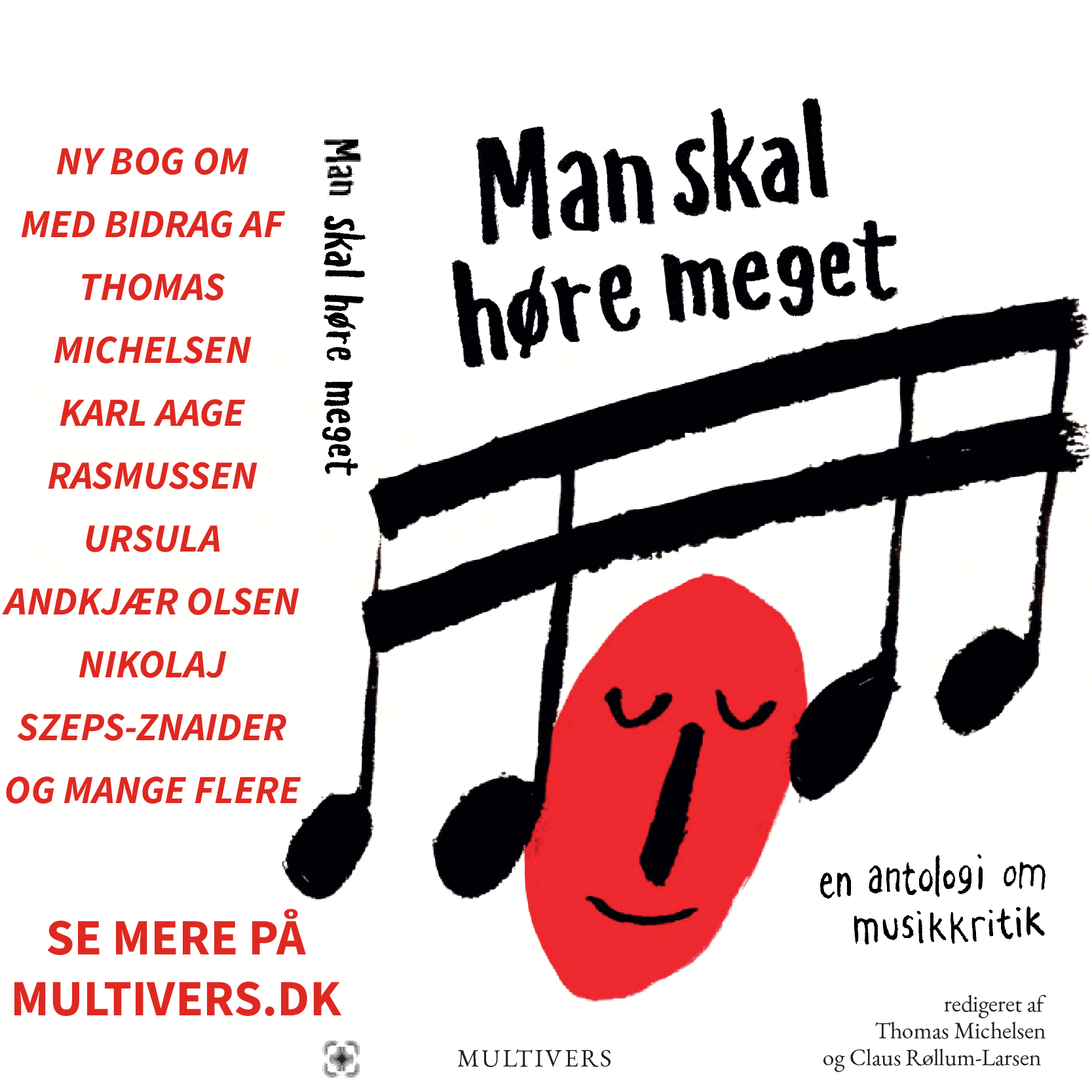All Aboard Jennefelt´s "Vessel"
One might expect the soul of this work to be melancholy and resigned. Instead, we discover something completely different: a frenzy, a desire to laugh, a determination to change
by Magnus Florin
Kralidamdorafallafallafallafalla fallafalla..." I go on board, it starts off in tumult, and out of this beginning the action arises, the joint action of going on a journey. The situation seems acute, one cannot help yielding to it, everyone has to do their bit for the common cause. Adventure beckons, the islands of paradise are dimly visible on the horizon, fresh winds are blowing out at sea.
At the start, a brilliant light shines on the vessel and on the four travelers. It could be a beautiful picture, a painting that depicts a joyous departure to a better world. But we can see there are cracks in the picture.
"I think we may well be terribly disappointed one fine day..." says Hontwou. And shadows begin to creep into the light. It is the indecision, the despondency, the concern for the present and the unchanging, the frailty, the nervousness - all the weaknesses that the doer of heroic deeds is not willing to acknowledge. Thomas Jennefelt's vessel holds both the burning fantasies at the moment of departure and the chilling awareness that every arrival is also a homecoming, a return to reality.
The traveler's opposite is the dweller. We ourselves are a part of the encounter between them every time we are tourists in a foreign country, sitting in a cafe in the early morning watching the children go by on their way to school, their parents carrying briefcases or bags of vegetables under their arms. They are the dwellers, the ones that have grown roots. We are the travelers, the roaming, restless nomads. We witness the same encounter in reverse when we are the dwellers and we are confronted by a busload of tourists with sunglasses and cameras - and theyall look at us with the traveler's hasty glance before hurrying on.
The hunt for that other country, that other world, probably stems from an unsettling feeling that all the things that are nearest and dearest and most familiar will not necessarily last forever, nor are they the only valid truth. Even in safe and secure surroundings, there is a cold draft - something alien and hostile. So: onward! To the grass on the other side, to the country on the other shore!
But soon the traveler discovers there is no vessel in existence that has the ideal, everlasting kingdom as its destination.
Thomas Jennefelt's libretto is a landscape of emotions. Pathos encounters fragility, wretchedness encounters heroism, romantic dreams encounter familiar reality. Sudden intimacy is confronted by just as sudden animosity, determination by resignation. Doubt is flung in the face of arrogance, self-assured exclamations are thrown at hesitant questions, the fun of the game is challenged by its dangers. "Song and noise!" exclaims the woman, Honette. "Strength and courage," says the man, Hanfuhr. "I don't understand. How is it done?" asks the man, Hantrai. "Where am I? - where am I going?" wonders the woman, Hontwou.
One might expect the soul of a work like The Vessel to be melancholy and resigned. Instead, I discover something completely different: a frenzy, a desire to laugh, and a resolute determination to change course and see things from a new perspective.
The four voices are kept apart, and the encounters that occur do not alter this segregation. The finale can hardly be triumphant; neither can it be reconciling or consoling. If anything, it is vulnerable - but that doesn't mean it is despondent. There is still hope, isn't there? The journey will continue, won't it?
Climbing a Mountain
If we journey back a bit in time, six and a half centuries to be precise, and steer our course to Provence in the south of France, to the steep slopes of Mont Ventoux, we might find ourselves in the middle of a conversation between an old shepherd and a 32-year-old, learned poet.
It is April 26,1336, and the learned poet is Francesco Petrarca (the one who wrote those precious love poems to Laura, as well as literary essays in Latin that nobody reads nowadays). We don't know the name of the old shepherd, only that he is standing there on the mountain slope when Petrarca passes by on his way upward.
Petrarca is climbing the mountain for the sake of the achievement, the adventure and the view. It's a tough climb, but he knows that from the top he'll be able to see below him the Lyon mountains, the Rhone valley and the Mediterranean. With that reward in mind, he pauses for a moment by the shepherd to catch his breath. Maybe he wipes his forehead on his sleeve, maybe he swallows a mouthful of water from his flask. Maybe he asks the shepherd how big a herd he has to watch over, and how much farther it is to the top.
That's when it happens! The shepherd stares hard at Petrarca and entreats him to abandon the ascent. He says that in his youth he himself undertook the same strenuous venture, and it only resulted in exhaustion and torn clothes:
"Pay heed to an old shepherd who knows a thing or two about life. Turn back! The summit has nothing to offer you!"
But Petrarca continues, with the view and the achievement and the adventure goading him on.
A moment later, we find him sitting in an inn in Malaucene, at the foot of the mountain, having reached the summit and made his way down again. He is writing a letter to his good friend, the Dominican munk Francesco Dioniskio. But he is in low spirits, very low.
Admittedly, the view had been extraordinary. But it had made him realize how bitterly fettered he, in fact, was to lowly earthliness. His ascent of the mountain was futile. What really matters, he writes to his friend, is to free the soul from worldly doings and let it soar aloft to the spiritual heights. And that mountain peak, which he can see now from the inn, is no higher than a molehill compared with the elevation of the soul.
Petrarca writes down his ascetic lesson before starting on the long-awaited evening meal that has been prepared for him at the inn. He writes to his friend that he has wisely hastened to finish the letter first, since the meal might affect his train of thought and cloud his clear insight.
He did not meet the shepherd again. Had he done so, and called to him that he was right - it was futile to climb the mountain, it is only the spiritual heights that count! - then maybe the old man would have muttered to him: "You're still trying to climb mountains. That mountain is neither there to be conquered, nor to be disdained, nor to be used in metaphors about the soul. It is just a mountain."
But Petrarca would hardly have listened to him. He would have hurried on to new songs, new knowledge, new scenes. Centuries pass, it's the 20th Century - 1994 - and now, now, he, like us, is a passenger on Thomas Jennefelt's Vessel.
Magnus Florin is a dramaturgist at the Royal Dramatic Theatre in Stockholm, and literary critic of the newspaper Expressen. His books include Berattelsens gang (The Course of the Nairative) and Tror du pa denna historia? (Do You Believe This Story?) (Bonniers, 19S9 and 1992)

